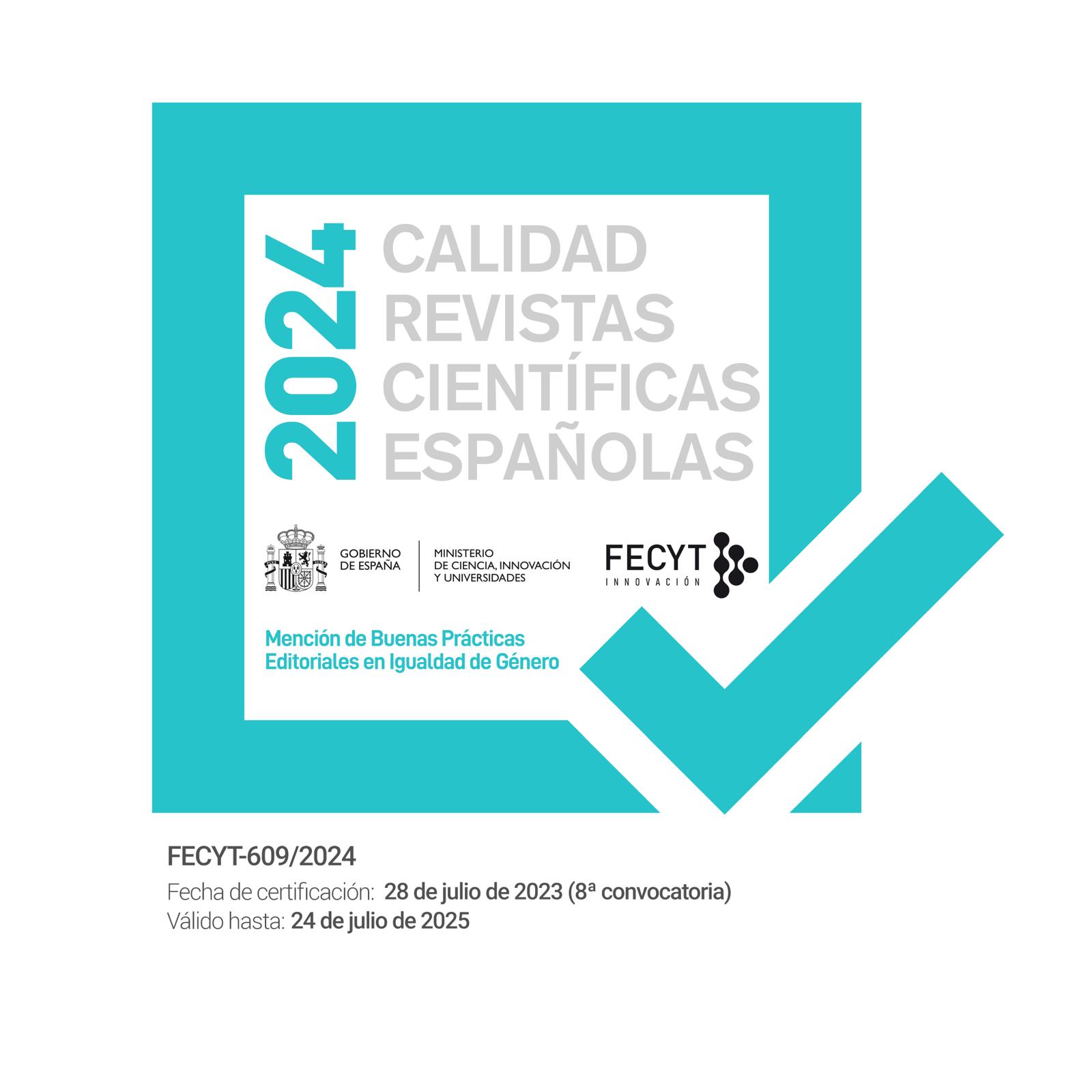Affective Grammar in Contexts of Formal Instruction of Spanish as Foreign Language (ELE)
Keywords:
Methodology, Foreign language, Grammar, Neuroeducation, Emotion, Affective grammarAbstract
The teaching of grammar in the instructional context of FL for adult learners has been extensively discussed. Furthermore, this topic has often led to a heated controversy. There has been an enormous methodological evolution from the Grammar-Translation approach, followed by natural methodologies and until the most extended instructional method implemented nowadays: the communicative approach. The present paper briefly reviews from a historical perspective the evolution of instructional methodologies in order to frame the most current scenario. It also examines the impact of up-to-date investigation about the brain in the teaching context to justify and contextualize an innovative grammar approach coined as affective grammar. To understand this new term, a definition is provided together with its limitations and exemplification. Finally, the results of a pre-experimental and preliminary study are presented; they seem to confirm some of the hypotheses based on this pedagogical approach











